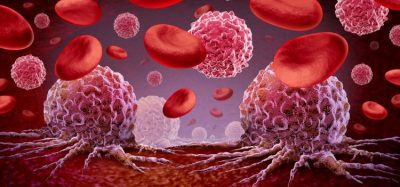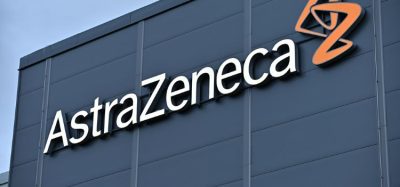Gene therapy for rare muscular dystrophy presents preliminary promise
Posted: 30 October 2023 | Catherine Eckford (European Pharmaceutical Review) | No comments yet
Initial clinical results for a gene therapy being evaluated in limb-girdle muscular dystrophy has shown evidence of transgene expression in the three-month muscle biopsy.


Atamyo Therapeutics’ one-time gene therapy for fukutin-related protein (FKRP) limb-girdle muscular dystrophy Type 2I/R9 (LGMD2I/R9) has enabled clinical trial patients to experience symptom relief, as well as a correction of centronucleation.
LGMD2I/R9 is a rare genetic disease caused by mutations in the gene that produces fukutin-related protein (FKRP). According to Atamyo Therapeutics, the condition is characterised by progressive muscular weakness, leading to loss of the ability to walk independently. Individuals with the disease are also prone to respiratory impairment. At present, there are no curative treatments for LGMD2I/R9.
The gene therapy ATA-100 is being evaluated in the ongoing multi-centre ATA-001-FKRP Phase Ib/IIb clinical trial in Denmark, France, and the UK. The treatment works by delivering a normal copy of the gene for production of FKRP proteins, Atamyo stated.
First clinical evidence for the one-time gene therapy
Biotech Atamyo Therapeutics announced that preliminary results from the first cohort, presented at the 2023 Annual Congress of the European Society of Gene & Cell Therapy (ESGCT) demonstrated:
- Marked decline in levels of creatine kinase in all three patients
- Improved velocity, sustained at one year
- Disappearance of symptoms (cramps, myalgia) and improved quality of life
- Correction of centronucleation and evidence of transgene expression on the three-month muscle biopsy.
Moreover, no unexpected safety signal for the gene therapy was identified in the LGMD2I/R9 study.
Additionally, these first results were also presented at the 2023 International Limb-Girdle Muscular Dystrophy Conference.
“These first results, in particular those related to transgene expression in muscle fibres are really exciting,” stated Dr Sophie Olivier, Atamyo’s Chief Medical Officer.
[The gene therapy ATA-100] has a life-changing potential in an indication where there is no approved treatment”
Professor John Vissing, principal investigator of the ATA-001-FKRP study, highlighted that ATA-100 treatment has a life-changing potential in an indication where there is no approved treatment.
The Data Safety Monitoring Board (DSMB) has authorised enrolment of the second dose cohort for this clinical trial in LGMD2I/R9, Atamyo noted. ATA-100 has received an Investigational New Drug (IND) clearance by the US Food and Drug Administration (FDA).
Related topics
Biopharmaceuticals, Drug Safety, Gene therapy, Research & Development (R&D), Therapeutics









